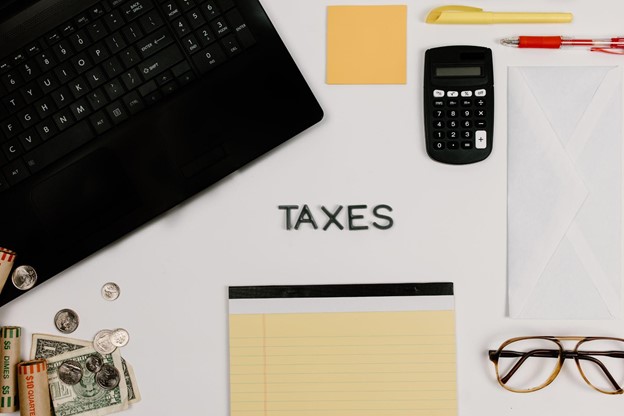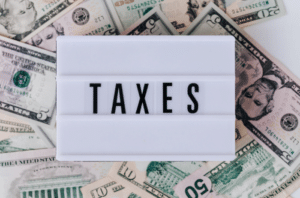According to IRS statistics, over half of Americans who e-file hire tax professionals to prepare their taxes. Doing your own return can be time-consuming, confusing, and more than a little intimidating. Having a professional prepare your tax return can take a load off your shoulders. However, turning your tax return over to the wrong person can do more harm than good.
You have probably heard a few tax return horror stories of tax scams perpetrated on unexpecting clients. There are dishonest tax preparers out there just looking to make a quick buck, just as there are unethical practitioners in any profession. It pays off to be cautious about who you hire to do your taxes.
Check the preparer’s qualifications
New regulations require all paid tax return preparers to have a Preparer Tax Identification Number. People can use the IRS Directory of Federal Tax Return Preparers with Credentials and Select Qualifications. This tool helps taxpayers find a tax return preparer with specific qualifications. The directory is a searchable and sortable listing of preparers. In addition to making sure they have a PTIN, ask if the preparer is affiliated with a professional organization and attends continuing education classes. The IRS is also phasing in a new test requirement to make sure those who are not an enrolled agent, CPA, or attorney have met minimal competency requirements. Those subject to the test will become a Registered Tax Return Preparer once they pass it.
Check the preparer’s history
Check to see if the preparer has a questionable history with the Better Business Bureau and check for any disciplinary actions and licensure status through the state boards of accountancy for certified public accountants, the state bar associations for attorneys, and the IRS Office of Enrollment for enrolled agents.
Ask about service fees
People should avoid preparers who base fees on a refund percentage or who boast bigger refunds than their competition. It is also essential to make sure any refund due is sent to you or deposited into an account in your name. Under no circumstances should all or part of your refund be directly deposited into a preparer’s bank account.
Ask to E-file
To avoid pandemic-related paper delays, taxpayers should ask their preparer to file electronically and choose direct deposit. Any paid preparer who prepares and files more than ten returns for clients must file the returns electronically unless the client opts to file a paper return. More than 1 billion individual tax returns have been safely and securely processed since the debut of electronic filing in 1990.
Provide all records ad receipts needed to prepare your return
Reputable preparers will request to see your records and receipts and ask you multiple questions to determine your total income and your qualifications for expenses, deductions, and other items. Do not use a preparer who is willing to electronically file your return before receiving your Form W-2 using your last pay stub. This is against IRS e-file rules.
Make sure the preparer signs the form and includes their PTIN
A paid preparer must sign the return and include their PTIN as the law requires. Although the preparer signs the return, you are responsible for the accuracy of every item on your return. The preparer must also give you a copy of the return.
What if I have a complaint about a tax preparer?
Tax return preparer fraud is among the list of common tax scams. The IRS provides tips on avoiding unscrupulous tax preparers and is committed to investigating paid tax return preparers who misbehave. Most tax return preparers are honest and provide outstanding service to their clients. However, some preparers are dishonest. People can report abusive tax preparers and suspected tax fraud to the IRS. Use Form 14157, Complaint: Tax Return Preparer.
In today’s competitive marketplace, you need an advisor who has knowledge and experience in developing solutions to your company’s issues and challenges. Hayes & Associates provides meticulous tax preparation, compliance, consultation, and advice for individuals, businesses, partnerships, corporations, tax-exempt organizations, and trusts/estates.





